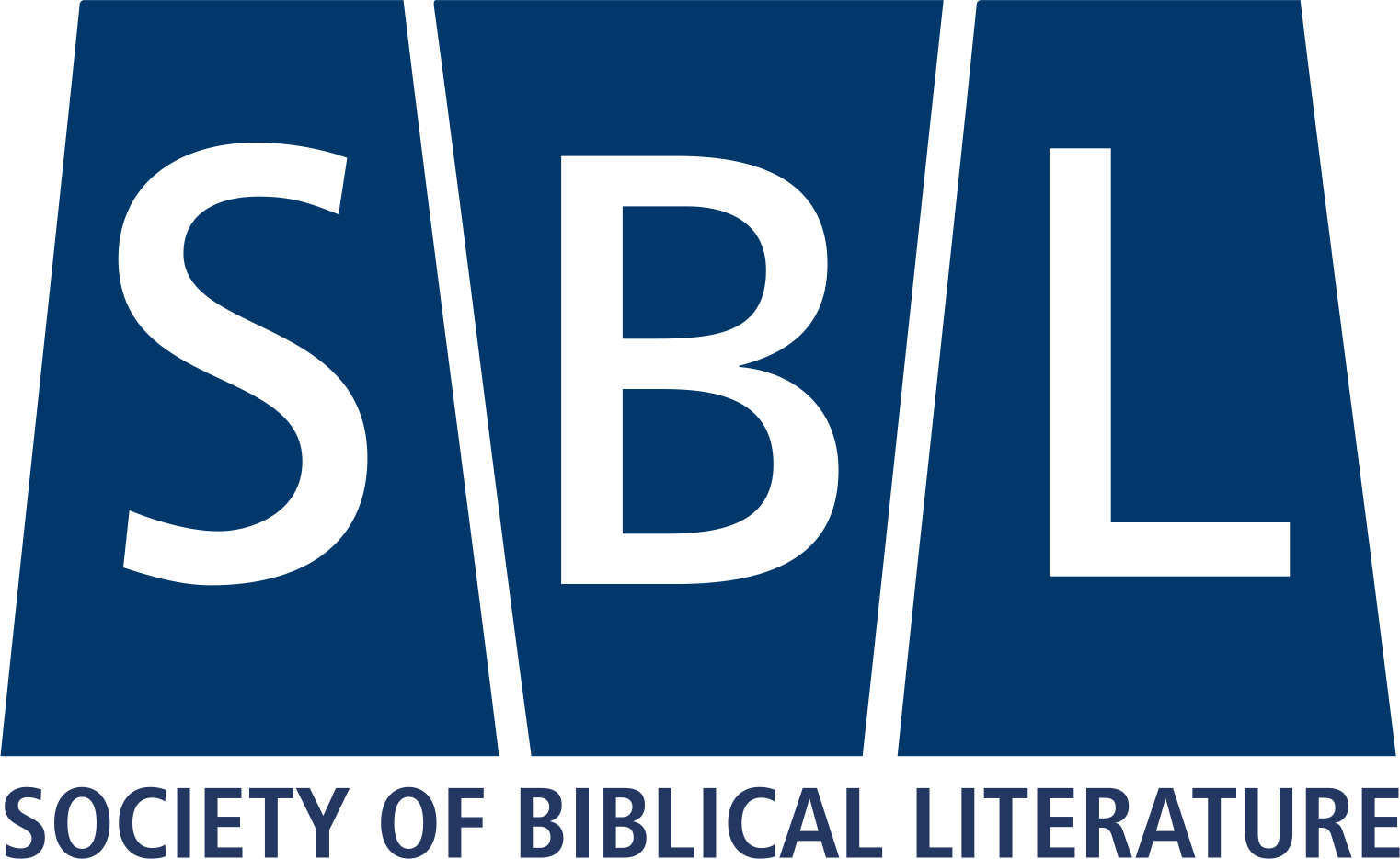$32.00
The long-held view that the Persian period in Israel (known as Yehud) was a historically derivative era that engendered little theological or literary innovation has been replaced in recent decades by an appreciation for the importance of the Persian period for understanding Israel’s literature, religion, and sense of identity. A new image of Yehud is emerging that has shifted the focus from viewing the postexilic period as a staging ground for early Judaism or Christianity to dealing with Yehud on its own terms, as a Persian colony with a diverse population. Taken together, the thirteen chapters in this volume represent a range of studies that touch on a variety of textual and historical problems to advance the conversation about the significance of the Persian period and especially its formative influence on biblical literature. Contributors include Richard Bautch, Jon L. Berquist, Zipporah G. Glass, Alice W. Hunt, David Janzen, John Kessler, Melody D. Knowles, Jennifer L. Koosed, Herbert R. Marbury, Christine Mitchell, Julia M. O’Brien, Donald C. Polaski, Jean-Pierre Ruiz, Brent A. Strawn, and Christine Roy Yoder.
Jon L. Berquist is Executive Editor for Biblical Studies at Westminster John Knox Press in Louisville, Kentucky. His writings on the Persian period include Judaism in Persia’s Shadow: A Social and Historical Approach. In recent years, he has also taught at New Brunswick Theological Seminary in New Brunswick, New Jersey.
“The book is an important one because it summons readers to much unlearning and relearning about the Bible. The unlearning concerns the historical positivism in which most progressives are schooled. The relearning involves seeing, as against a static view of scripture, that the Bible is a generative, intentionally constructive tradition that is a response to particular historical crises that jeopardized the identity of the community. The generative, constructive quality of the text is on exhibit everywhere in this collection of essays.”
— Walter Brueggemann, Christian Century
